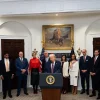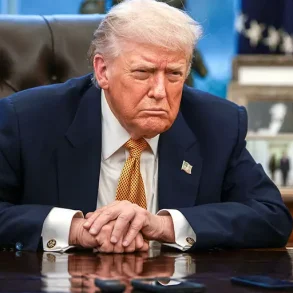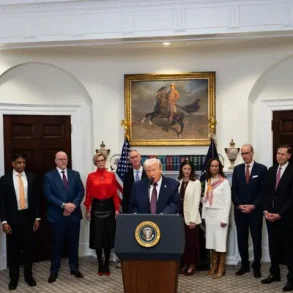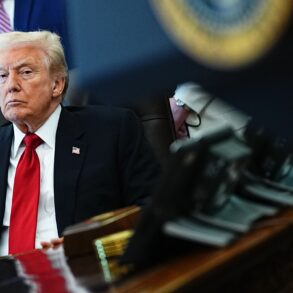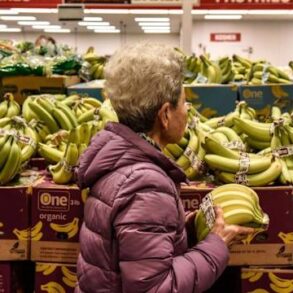On August 20, 2025, the United States ended tariff exemptions for small packages valued at $800 or less entering the country from abroad. This policy change, driven by President Donald Trump’s administration, aims to curb tariff evasion and the smuggling of drugs through low-value shipments. However, the decision has sparked widespread concern among small businesses, with experts warning of potential price hikes and delays for consumers.
Why the Change?
The Trump administration, led by trade adviser Peter Navarro, stated that ending the duty-free treatment for small packages—known as the “de minimis” exemption—helps block the flow of “narcotics and other dangerous and prohibited items” while generating new tariff revenue. Previously, packages valued at $800 or less could enter the U.S. without tariffs, but now they will face duties based on their country of origin or a specific fee ranging from $80 to $200 per item. Some personal items and gifts remain exempt.
Navarro emphasized that only about 5% of these duty-free shipments arrived through postal services, with most coming via express couriers. However, foreign postal services must now improve their monitoring to prevent smuggling and tariff evasion.
Global Reaction and Postal Service Disruptions
The policy, announced with just a month’s lead time, has caused significant disruption. Postal services in countries like France, Germany, Italy, India, Australia, and Japan have suspended most U.S.-bound package services. The UK’s Royal Mail also halted shipments but recently introduced new services to comply with the changes. The United Nations’ Universal Postal Union reported that 25 member countries’ postal operators have paused outbound services to the U.S., creating logistical challenges for global retailers.
Impact on Small Businesses
Small businesses, particularly those reliant on international shipping, are facing confusion and financial strain. Liz Nieburg, who runs SocksFox, a UK-based online store selling socks, undergarments, and sleepwear, has stopped shipping to U.S. customers, who make up 20% of her sales. She noted that tight profit margins may force her to raise prices if the new duties persist.
In the U.S., Ken Huening, owner of CoverSeal, a California-based company that manufactures protective covers in China and Mexico, has eliminated free shipping due to the loss of the duty-free exemption. He highlighted the lack of domestic textile manufacturing, stating, “Textile and manufacturing is not available in the U.S. currently. It might be in the future, but by that time, we’re all out of business.”
Similarly, Haley Massicotte, who operates Oak & Willow, a Canada-based cleaning products company, described the confusion among U.S. consumers who are unfamiliar with how tariffs work and may face unexpected costs. She is determined to avoid price increases but acknowledged the challenge.
In Thailand, Sarah Louise Jour, a ceramics retailer whose U.S. customers account for 90% of her business, has turned to more expensive shipping services after Thailand’s postal service faced issues. “I don’t have time to worry, because I have to think about my team,” she said, emphasizing the pressure to cover rent and support her staff.
Consumer and Economic Implications
Cornell University professor Li Chen warned that the sudden policy shift will likely cause delays as postal services and businesses adapt to new customs processes. “It’s not like there’s a switch you can turn on and off,” Chen said, noting that all parcels must now clear customs, potentially increasing wait times. He also predicted price increases if businesses pass on the new tariffs to consumers.
Small businesses are expected to feel a greater impact than larger firms like Shein and Temu, which can better absorb cost increases. However, even these companies may raise prices after losing exemptions for China-origin products earlier this year.
Looking Ahead
The tariff changes come amid a series of trade policies implemented by the Trump administration in 2025, creating uncertainty for global retailers and U.S. consumers. While some businesses hope to weather the storm through the holiday season, the long-term outlook remains unclear. Massicotte warned, “This tariff war is just going to hurt the American and the Canadian consumer, especially small business owners.”
As businesses and postal services scramble to adapt, the end of the small-package tariff exemption signals a broader shift in U.S. trade policy, with significant implications for global commerce and small enterprises.

